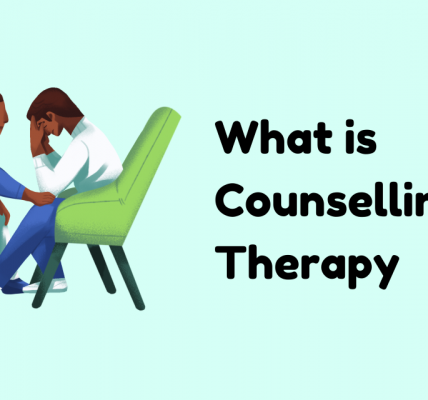Disease outbreaks, often caused by infectious agents like viruses and bacteria, can spread rapidly and have significant global health implications.1 Understanding the factors contributing to outbreaks and effective response strategies is crucial in mitigating their impact.2
Factors Contributing to Disease Outbreaks
- Globalization: Increased travel and trade facilitate the rapid spread of infectious diseases across borders.3
- Climate Change: Changing climate patterns can create favorable conditions for the transmission of certain diseases.4
- Antimicrobial Resistance: The overuse and misuse of antibiotics can lead to the emergence of drug-resistant bacteria.5
- Weak Health Systems: Inadequate healthcare infrastructure and lack of access to healthcare can hinder disease prevention and control.
- Zoonotic Diseases: Diseases that spread from animals to humans, such as COVID-19 and Ebola, pose significant threats.6
Responding to Disease Outbreaks
Effective response to disease outbreaks requires a coordinated global effort. Key strategies include:
- Surveillance and Early Detection: Monitoring for outbreaks and identifying cases quickly.7
- Rapid Response: Implementing timely and effective control measures, such as isolation, quarantine, and contact tracing.8
- Vaccination: Developing and deploying vaccines to protect populations.9
- Antimicrobial Stewardship: Promoting the appropriate use of antibiotics to reduce the risk of antimicrobial resistance.10
- International Cooperation: Collaborating with other countries to share information and coordinate responses.
- Public Health Education: Raising awareness about disease prevention and control measures.11
Lessons from Recent Outbreaks
Recent outbreaks, such as COVID-19, have highlighted the importance of preparedness, rapid response, and international cooperation.12 These experiences have also underscored the need for robust public health systems and investments in research and development.
By understanding the factors that contribute to disease outbreaks and implementing effective prevention and control measures, we can mitigate their impact and protect global health.




